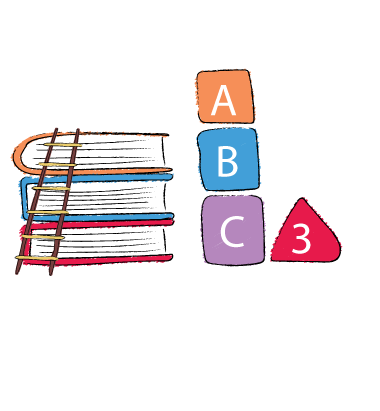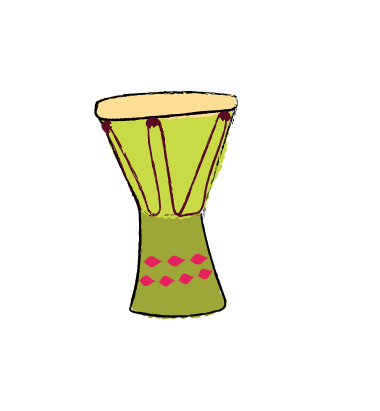The Trauma Ally Framework® : An Overview
Designed to assist in healing and resilience in people and communities impacted by trauma, the Trauma Ally Framework® is an integrated, trauma-informed care paradigm. Eight progressive steps combining psychological and philosophical approaches combine to meet trauma survivors’ long-term and urgent needs.
Designed to be a complete strategy addressing trauma as well as promoting an empowered, resilient sentient being, the Trauma Ally Framework® combines modern trauma psychology, somatic techniques, Eastern philosophy and teachings to offer a road for healing and development.

When it comes to working with our children to self-regulate and deal with intense feelings, our community educators play a crucial role. Attunement and relationship-building are at the heart of our approach as we lead at-risk youth (ranging in age from 4 to 17) through transformative experiences. These children receive help through our Roots and Wings Programme, which combines the foundations of basic literacy and numeracy skills with trauma-informed social and emotional learning (SEL). Activities such as art-making, storytelling, and play-based learning help create a supportive atmosphere and individualised support for participants in this program. Furthering children’s agency in the face of hardship, we stress the importance of body-based boundaries. Our projects run in Kolkata and Howrah with 100 children under this program.

Our Roots and Wings Programme at present, aims to cultivate safe spaces of expression for 150 children aged 6 to 17 years old. By blending socio-emotional learning with somatic practices, our work welcomes co-regulation to prioritize self-regulation. From breathing exercises to free movement, from art to mindfulness techniques from drumming to storytelling activities, our work encourages the children to acquire practical strategies to manage their emotions, navigate life situations with resilience and cultivate self-awareness, which would later lay the foundation for lifelong emotional well-being.
Designed especially for 100 teenagers aged 12 to 17 years, the present ARSH (Addressing Resilience and Socio-Emotional Health) program seeks to create safe settings for expression. By means of trauma-informed expressive arts (EX-ART), socio-emotional learning (SEL), and art-based therapies, ARSH aims to strengthen mental health resilience. This method combines breathing exercises, free movement, drumming, art-making, and mindfulness techniques among other pursuits. These techniques help them better self-awareness and regulate their emotions, thereby enabling them to face obstacles in life with more resilience. This foundation promotes inclusive engagement among adolescents, builds empowered decision-making and establishes a basis for their long-term emotional well-being.


The core of expressive approaches is grounded in active participation in novel experiences that reacquaint individuals with curiosity, playfulness, efficacy, and pleasure (Malchiodi, 2022). Currently including over 200 community people, mostly young mothers, Amader Katha: Our Voices, Our Stories aims to raise awareness of mental health and well-being. This project creates a safe environment for people to investigate and set personal limits using trauma-informed expressive arts and thorough sexuality education (CSE). Through active participation in unique events that rekindle curiosity, playfulness, efficiency, and joy, the program emphasizes the need of narrative in healing and self-restoration. Through Amader Katha, participants can also rebuild trust and sense of belonging by reconnecting with a supportive group, therefore directing them toward self-repair and restoration—qualities necessary for trauma healing.
Kyokan Foundation is a nonprofit NGO focusing on Trauma Work and
Social Justice through trauma informed expressive arts, Socio Emotional
Learning (SEL) in education and comprehensive sexuality education
(CSE). Registered under Section 8 of the Indian Companies Act,
donations are tax-exempt under Section 80G.
A/C Name: KYOKAN FOUNDATION
A/C number: 922020011470448
IFSC: UTIB0002780
Swift Code: AXISINBB005
Name and Branch: Axis Bank Ltd, Park Street Branch
Kyokan Foundation is a nonprofit NGO focusing on Trauma Work and
Social Justice through trauma informed expressive arts, Socio Emotional
Learning (SEL) in education and comprehensive sexuality education
(CSE). Registered under Section 8 of the Indian Companies Act,
donations are tax-exempt under Section 80G.